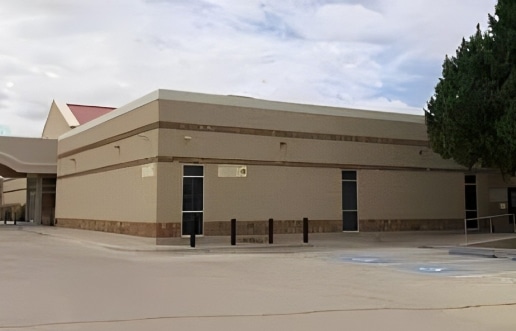
Learning how seasonal shifts affect your skin can help you manage symptoms more effectively during these months.
How Fall Weather Impacts Psoriasis
The cooler temperatures and dry air of fall can trigger psoriasis symptoms for many individuals. When the air becomes drier, your skin loses moisture, which can lead to increased dryness and irritation.
This is particularly challenging for people with psoriasis, as their skin is already more prone to dryness and flaking. The result can be more frequent flare-ups and discomfort.
Tips for Managing Psoriasis During Fall
While fall weather can make psoriasis more challenging to manage, there are steps you can take to reduce the impact of seasonal changes.
Moisturize Regularly
Since dry skin can worsen psoriasis, applying a thick, fragrance-free moisturizer daily can help lock in moisture. Look for creams or ointments that are specifically designed for sensitive skin.
Use a Humidifier
Adding moisture to the air in your home can prevent your skin from drying out. A humidifier can be especially helpful in rooms where you spend a lot of time, such as the bedroom or living room.
Stay Hydrated
Drinking plenty of water throughout the day can help keep your skin hydrated from the inside out. Aim for at least eight glasses a day to support healthy skin function.
Wear Layers
Cold weather can trigger a psoriasis flare, especially if you’re frequently exposed to chilly air. Wearing layers allows you to adjust your clothing as temperatures change throughout the day, helping you protect your skin from cold air without overheating.
Watch Out for Stress
The fall season often brings added stress with busy schedules and holidays approaching, which can also lead to psoriasis flare-ups. Incorporating stress-relief techniques like deep breathing, meditation, or yoga can help manage your symptoms.
Schedule a Psoriasis Consultation in Texas
If you’re dealing with psoriasis symptoms during the fall, a dermatologist can help you find the best treatment options. At Dermatology Associates of West Texas, we offer personalized care to manage psoriasis and improve your skin’s health.
Call us at 806-797-1202 to schedule a consultation today. We have offices in Lubbock and Denver City.



